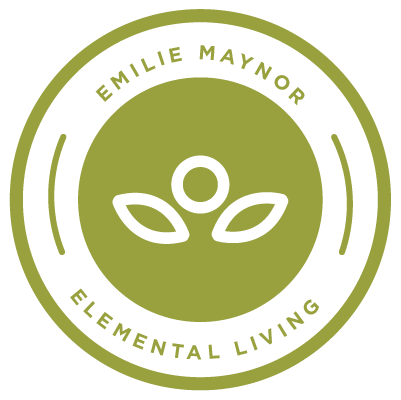Self-Regulation with Claire Fierman
Hey y’all!
I’m Claire Fierman, a Licensed Professional Counselor located in Birmingham, Alabama, specializing in the treatment of trauma, anxiety, depression and substance abuse disorders. I have to be honest with you, I did not become a therapist in the hopes of healing the world. I think I became a therapist to heal myself.
My therapeutic work as a client began years and years ago. I found wonderful therapists that could truly support me, yet the same issues continued to arise. Finally, while on my journey, I was told by a very bold and wise woman, “You do not know how to self-soothe.” Ummm… ouch! I had been in therapy for years. I practiced yoga and meditation. Yet, I trusted this source - she was not judging or criticizing, she was opening me up to a new experience. The ouch faded as I leaned into curiosity.
After I sat with this feedback, and dug a little deeper, I recognized that rather than coping or soothing, I avoided. My mindset had been: things get hard, change them; feeling uncomfortable, get comfortable. I was missing the mark. Continuous feelings of anxiety would take over - I might act impulsively by shopping, over-eating, or falling into a snarky attitude with those I love most. My body felt wrecked with anxiety, and relationships around me had fallen apart time and time again.
Something had to change.
I recognized that self-care was not the same as self-regulation (or self-soothing). I looked externally to be soothed, when I held the gifts within myself all along.
Emotional dysregulation may look or feel like:
Feeling temporarily out of control
Rapid thoughts
Excessive and unnecessary worry
Passive aggressive communication
Inability to take a “time out” in an argument
Overreacting to small triggers
Avoidance
Emotional regulation may look or feel like:
Awareness
Management of emotions without pushing them away
Curiosity
Kind and loving acceptance of difficult feelings and situations
A sense of control when difficult situations arise
Appropriate responses
Accountability for feelings and actions
Resiliency: when we act a little wacky, being able to come back to our truth without judgment
Tools for regulation:
Working with a therapist or coach on a regular basis
Notice your pattern: when “triggered” do you lean towards a fight, flight or freeze response?
Consistent meditation/mindfulness practice
Tapping (in video)
Consistent physical movement
Finding healthy relationships
Boundaries within relationships
Rest
Nourishing the self from the inside out
The research, tools, and information on emotional regulation is truly endless. Start small, find one way to notice and nourish. In my experience, relationships improve, self-esteem can flourish, and there is a profound sense of freedom.
My invitation to you today: Find your way to nurturing yourself. It will change your life.
In loving kindness,
Claire
@claire.fierman


